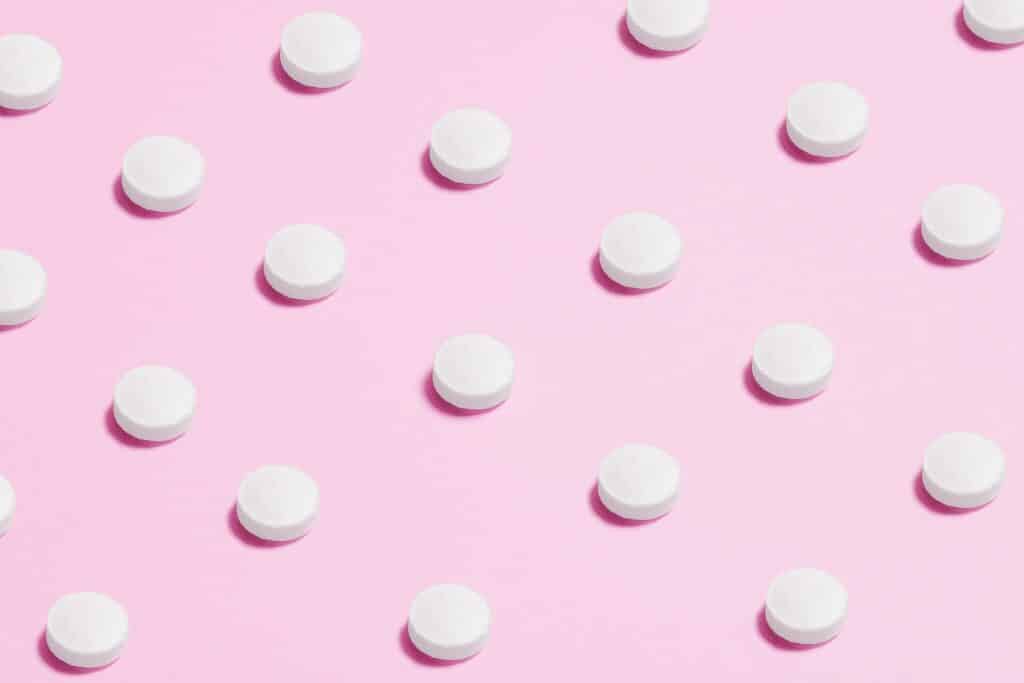Antabuse, also known as disulfiram, is one of three medications approved by the FDA for treating alcohol use disorder. Alcohol use disorder is the clinical term for alcoholism.
This medication is not a cure for alcoholism, but it can help promote abstinence in recovery.
Antabuse is only available in tablet form with a doctor’s prescription.
What is Antabuse?
Antabuse is a branded version of disulfiram.
This medication is used as a second-line treatment for alcohol use disorder after first line treatment with acamprosate and naltrexone. All three of these medications are approved by the FDA for the treatment of alcoholism.
Disulfiram is considered safe and effective for both the short-term and long-term treatment of alcohol use disorder. Successful treatment requires physician supervision and the motivation to stay sober.
Some studies show that Antabuse could be beneficial for treating cocaine dependence and PTSD (post-traumatic stress disorder).
The primary application for disulfiram, though, is to deter alcohol use by acting as an alcohol antagonist – more on this below.
Antabuse Side Effects
Antabuse has a risk profile that is generally considered acceptable. That said, disulfiram can trigger a variety of negative side effects and interactions, some potentially life-threatening.
Consuming any amount of alcohol while taking disulfiram will cause side effects to present within minutes.
You should speak with your treatment provider if you encounter any of the following adverse outcomes when using Antabuse:
Common Antabuse side effects
- Skin rash
- Headaches
- Sleepiness
- Tiredness
- Metallic taste in the mouth
Less common Antabuse side effects
- Numbness in extremities
- Changes to vision
- Eye pain
- Mental changes
- Mood swings
Rare Antabuse side effects
- Lowered sex drive in men
- Dark urine
- Pale gray stools
- Acute stomach pain
- Yellow eyes or skin
How Does Antabuse Work
As alcohol enters your system, it is converted into acetaldehyde before being converted into acetic acid. Antabuse has a mechanism of action that blocks this chemical conversion. This triggers a toxic increase in acetaldehyde and the adverse physical outcomes associated with consuming alcohol while taking disulfiram.
Antabuse prescriptions are for off-white tablets to be taken once daily by mouth. The tablets are odorless and tasteless.
Most disulfiram prescriptions are for a maximum of 500mg of disulfiram per day.
You should refrain from taking Antabuse until you have been abstinent from alcohol for at least 12 hours. Once you start taking disulfiram, avoid alcohol in any form, including in medications containing trace amounts of alcohol.
Antabuse is not intended for the treatment of alcohol withdrawal and detox. The medication will not do anything to reduce the intensity of alcohol cravings either. Instead, Antabuse acts as a deterrent to consuming alcohol, promoting long-term sobriety in those committed to recovery.
The sustained use of Antabuse as part of medication-assisted treatment can reduce your desire for alcohol.
What Happens When You Drink While Taking Antabuse?
If you consume even a trace amount of alcohol while taking Antabuse, you could experience any or all of the following side effects:
- Nausea
- Vomiting
- Severe headache
- Breathing problems
- Chest pain
- Sweating
- Hyperventilation
- Flushing
- Thirst
- Palpitation
- Confusion
- Blurred vision
- Arrhythmias
- Myocardial infarction
- Convulsions
- Death
Although the intensity of the adverse reaction varies from person to person, the severity of symptoms typically reflects how much alcohol and how much disulfiram you ingested.
A mild reaction to combining Antabuse and alcohol will last for up to one hour. More severe adverse reactions to mixing disulfiram and alcohol can last for hours, until all alcohol is processed from the system.

Medication-Assisted Treatment at Renaissance
If you need to address alcohol use disorder, we provide MAT (medication-assisted treatment) at many levels of intensity here at Renaissance Recovery.
The primary goal of MAT is to streamline the alcohol detox, withdrawal, and recovery process. If you require a supervised detoxification, we can connect you with licensed medical detox centers throughout Orange County and Southern California. Medications can alleviate the intensity of cravings and withdrawal symptoms during detox and beyond.
Medication-assisted treatment is always most beneficial when delivered as part of an integrated treatment plan including behavioral interventions. At Renaissance, you can access the following therapies to complement MAT:
At Renaissance, we specialize in the outpatient treatment of alcohol use disorder and offer the following programs:
- OP: standard outpatient program
- IOP: intensive outpatient program
- PHP: partial hospitalization program
- Virtual IOP: remote rehab
Due to the high relapse rates of alcoholism, your treatment team will ensure you are equipped with a robust aftercare plan and relapse prevention strategies. Antabuse may be a valuable compound of ongoing abstinence.
Take the first vital step to recovery from alcohol use disorder by reaching out to Renaissance at 866.330.9449.










